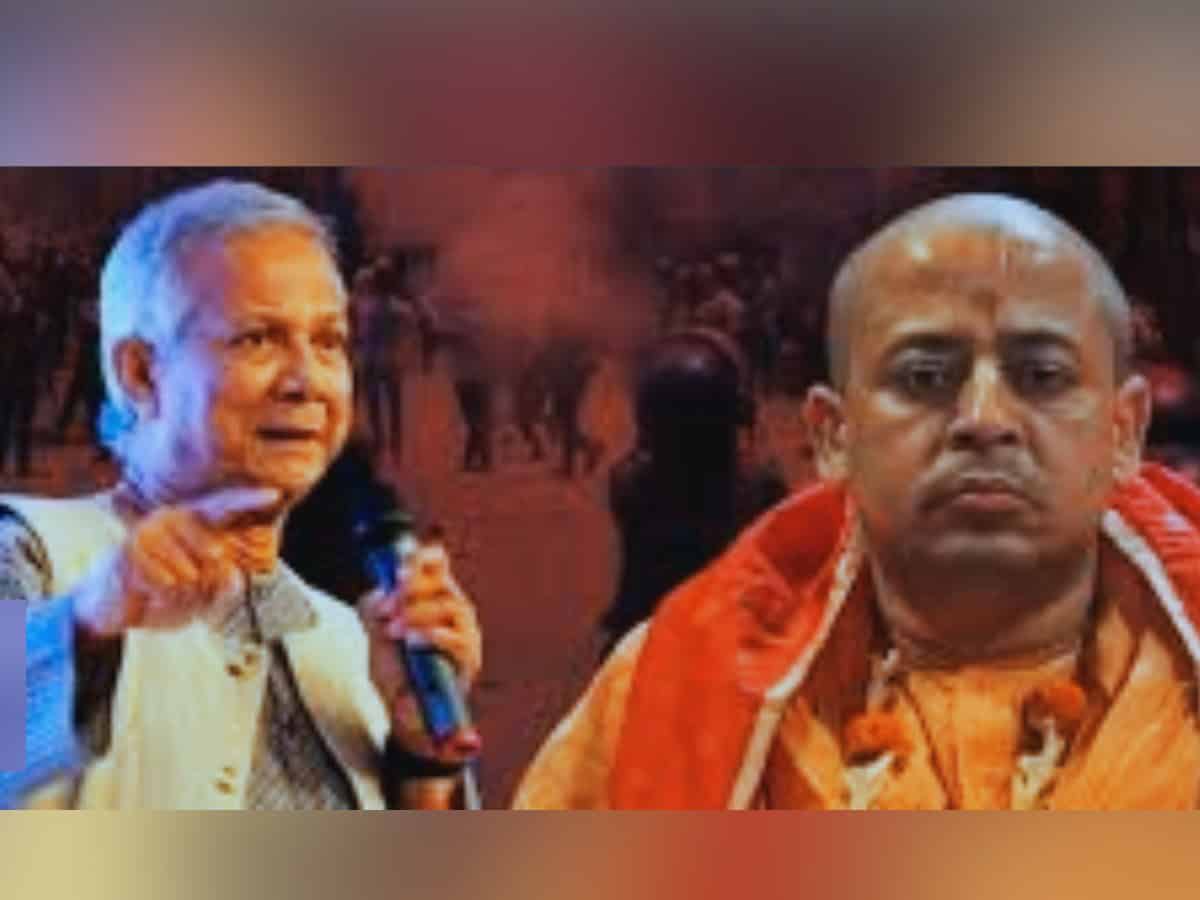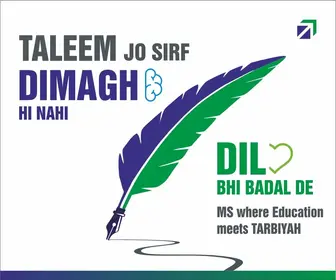
Bangladesh on Friday, November 29 claimed that India is hypocritical when it comes to the safety of the minorities especially with tensions soaring high after Hindu leader Chinmoy Krishna Das’ arrest on charges of sedition.
These sentiments were voiced by Asif Nazrul, the Law Affairs Adviser to Bangladesh’s interim government in a Facebook post where he accused India of “double standards”, criticizing India’s perceived hypocrisy in addressing minority rights.
Nazrul listed some incidents of violence against minority groups in India, especially targeted attacks on the Muslim community, stating that “there is no regret” from the Indian political leaders and authorities for these discriminative actions which he described as “shameful” and “condemnable”.
“In India, numerous incidents of brutality on minority Muslim community is going on. But they don’t have any remorse or embarrassment (over those incidents). This double standard of India is condemnable and objectionable,” Nazrul wrote.
His statement was also endorsed by a Voice of America Bangla poll wherein respondents revealed that 64.1 per cent of Bangladeshi minorities feel that the current interim government offers a greater security guarantee than what the Sheikh Hasina-led Awami League government provided.
Citing a survey by Voice of America Bangla, Nazrul wrote: “The majority of Bangladeshis (64.1%) believe that the interim government has been able to provide better security to the country’s minority communities compared to the previous Awami League government.”
However, this poll sharply contrasts with India’s narrative conceding minority safety in Bangladesh.
‘Curb fake news’
Meanwhile, Bangladesh interim government of Muhammad Yunus urged the country’s journalists to counter “misinformation” in Indian media with “truth”.
Chief Adviser Yunus’s Press Secretary Shafiqul Alam said, “We must tell our stories our way else they (Indian media) will set our narrative according to their liking.”
Alam, a former journalist, said in a Facebook post that several Bangladeshi journalists now realised it was time to confront an “industrial scale misinformation campaign” coming from some Indian media outlets and their social media platforms.
His comments came as a group of students staged a demonstration at the Dhaka University campus calling for resisting India’s alleged interference in Bangladesh’s internal affairs.
They also demanded the extradition of deposed prime minister Sheikh Hasina, who had fled to India in August amid massive student-led protests, and a ban on International Society for Krishna Consciousness (ISKCON) in Bangladesh.
The students accused India of “border killings”, religious persecution and attempts to instigate communal strife in Bangladesh.
They also accused the Indian government of inciting communal tensions in Bangladesh and exploiting religious differences to destabilise the country.
“India is killing people on our border every week. Minorities in their own country are being persecuted daily. Recently, several Muslims were killed in an incident centred around a mosque,” president of the Student Rights Council, Bin Yamin Molla, alleged.
Deterioration of diplomatic relation
The background to this diplomatic tension is rising concerns about the rights of ethnic communities in both nations. India has expressed serious concerns about the safety of Hindus in Bangladesh following the arrest of Das who is accused of raising a saffron flag while disrespecting Bangalesh’s national flag.
On October 30, a sedition case was filed against 19 people, including Das, at Chattogram’s Kotwali Police Station, accusing them of disrespecting Bangladesh’s national flag in Chattogram’s New Market area during a rally of the Hindu community.
Das, a spokesperson for the Bangladesh Sammilita Sanatani Jagran Jote, was arrested from Dhaka’s Hazrat Shahjalal International Airport on Monday for alleged sedition. He was denied bail and sent to jail by a Chattogram court on Tuesday, triggering protests by his supporters.
He has also been accused of making provocative speeches and influencing the public against the country’s government. He was finally arrested on November 25 at Hazrat Shahjalal International Airport in Dhaka while intending to travel to Chattogram.
India’s External Affairs Minister S Jaishankar stated that Bangladesh should do everything possible to protect all citizens, including the rights of minorities. He stated Hindus are being subjected to violence and extremist rhetoric in Bangladesh and urged Dhaka to take immediate action.
(With PTI inputs)


